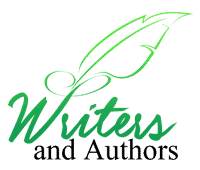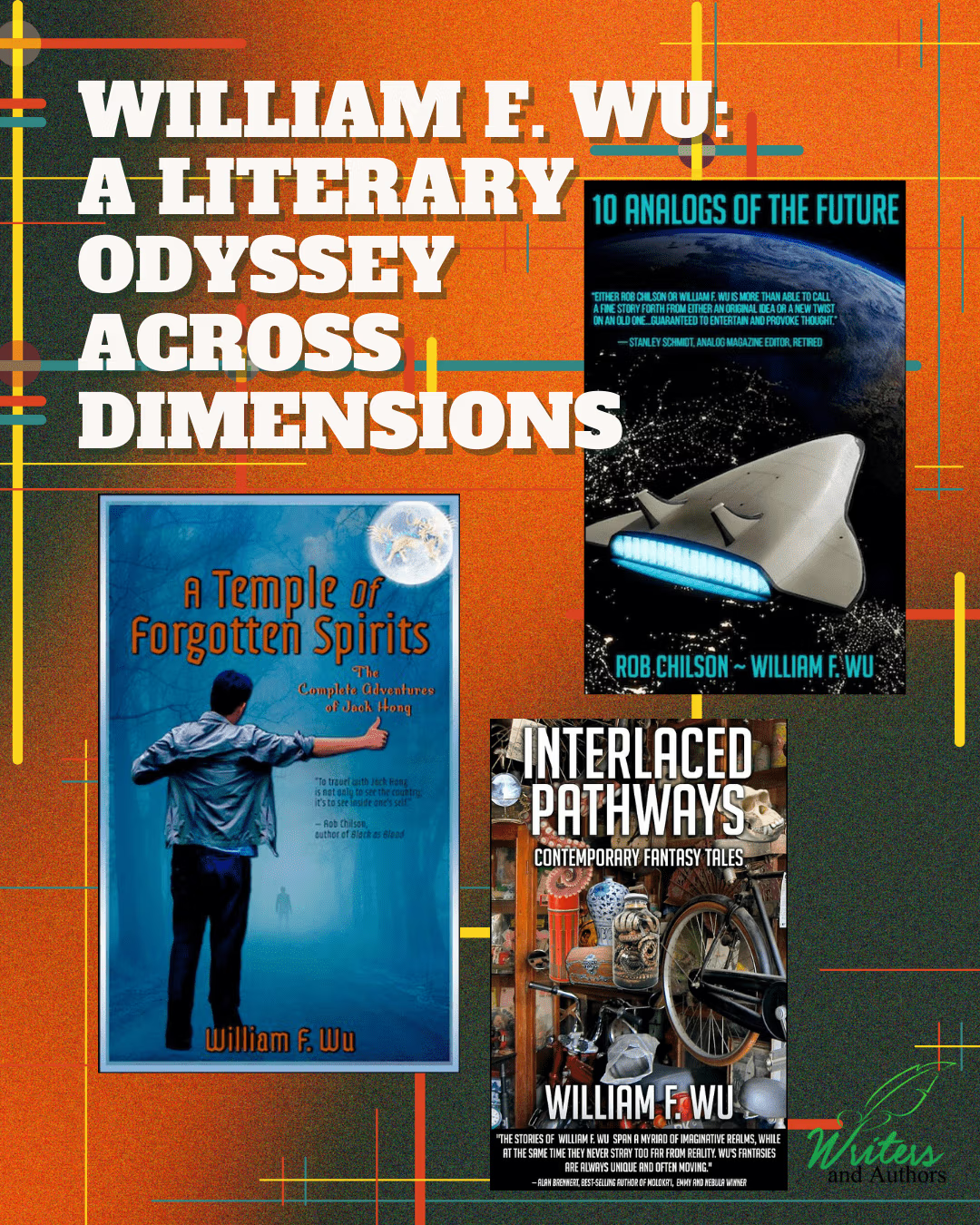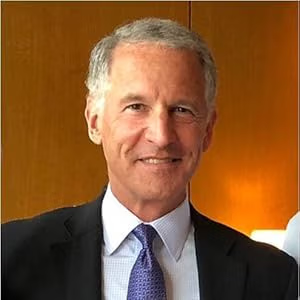We’re honored to have the distinguished author William F. Wu with us, whose path to literary success weaves through a captivating fusion of academic excellence and a prolific presence in the realm of science fiction. Hailing from Kansas City, Missouri, William embarked on an academic journey at the University of Michigan, earning degrees in East Asian Studies and American Culture. His writing voyage gained momentum in the mid-’70s, marked not only by his literary achievements but also by significant contributions to comic books and fanzines. Transitioning later in life to a thriving role as a copy editor at the Antelope Valley Press newspaper, William’s diverse career offers a treasure trove of experiences. Today, we’re delighted to delve into his multifaceted journey and glean deeper insights into the remarkable career of William F. Wu.
Was a possible audiobook recording something you were conscious of while writing?
The thought didn’t occur to me, partly because I wrote the first sentence in 1979 (though I deleted that during a revision) and finished in the early 1990s. Books on tape existed in the seventies and after, but the fiction selections were mostly limited to authors with a lot of name recognition. The digital world has allowed more genre readers and lesser-known writers to join in.
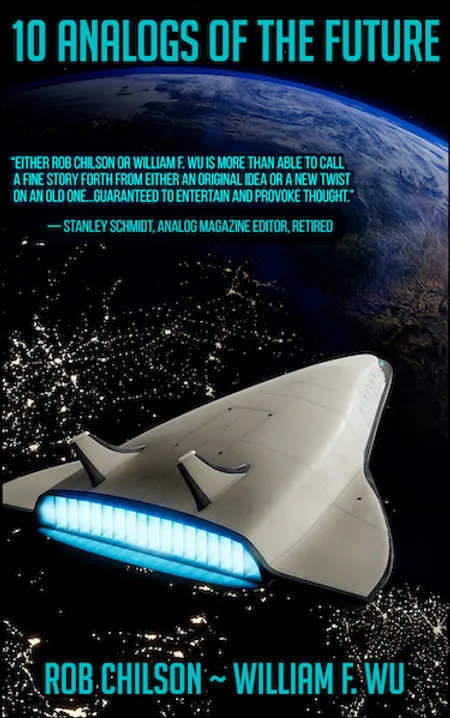 How closely did you work with your narrator before and during the recording process? Did you give them any pronunciation tips or special insight into the characters?
How closely did you work with your narrator before and during the recording process? Did you give them any pronunciation tips or special insight into the characters?
We worked together closely and very well. The story line involves words and phrases in several Chinese dialects, as well as a man in the Missouri Ozarks and a Mississippi native. That’s a challenge for any narrator. I studied Mandarin Chinese in college but never became fluent. So neither of us speaks Chinese, but as the author, I only had to spell words, not speak them!
Were there any real life inspirations behind your writing?
Many. While I grew up with a better sense of my Chinese American identity than the protagonist, I was fascinated by the history of Chinese Americans that none of my very long schooling had taught me. I wound up learning it myself, often with boosts from writers such as Frank Chin and Sui Sin Far. I also did some long-distance hitchhiking in the counter-culture era when I was young, which gave me a feel for what it’s like. For a short time, I had a civilian job in a minimum security county jail, and that is represented early in the story.
While the protagonist isn’t really me, he does have my sense of humor and feel for the absurdity of life. I think I got it from my mother. I believe in many ways, it’s a midwestern type of humor; my mother grew up in Michigan and I grew up in Kansas. My father, who grew up partly in China and partly in Philadelphia, had a different kind of sense of humor.
How do you manage to avoid burn-out? What do you do to maintain your enthusiasm for writing?
I don’t experience burn-out, unless I count the times when I just need a break at the moment or I’ve finished for the day. I worry that I won’t ever have time to write all the stories I want to write.
If you had the power to time travel, would you use it? If yes, when and where would you go?
I’ve written a lot of time travel stories, so I’ve thought about this. If I really believed I might change history, I probably wouldn’t use the power of time travel because I think the chance of doing harm is much greater than that of doing good. However, if I did use it, I would make personal trips, to see my parents when they were young, both sets of grandparents, and other ancestors, as well as famous people I find interesting. I doubt I could prevent nuclear weapons from being developed, or stop assassinations, or bring inventions to societies that aren’t ready for them—and doing so might mean that the life we know would never happen.
What do you say to those who view listening to audiobooks as “cheating” or as inferior to “real reading”?
The story is unchanged; this is just a different platform. Reading and listening are different experiences, just as reading a play is not the same as watching a live performance. All these experiences can be rewarding.
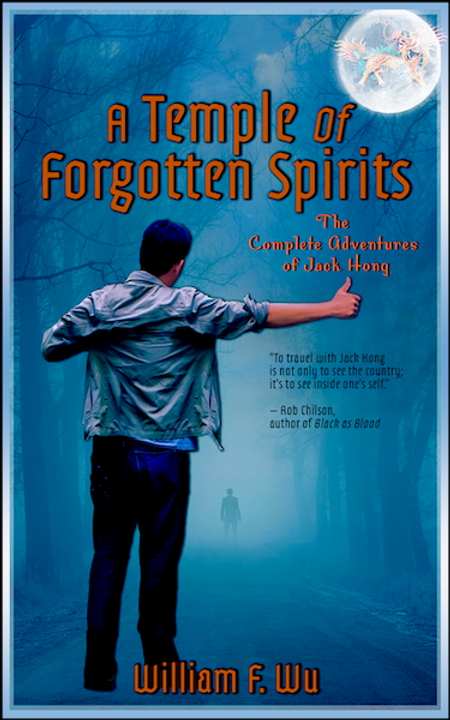 In your opinion, what are the pros and cons of writing a stand-alone novel vs. writing a series?
In your opinion, what are the pros and cons of writing a stand-alone novel vs. writing a series?
In business terms, readers love series. That’s been true going back to the readers who wanted a sequel to The Three Musketeers by Alexandre Dumas and those who objected to Arthur Conan Doyle sending Sherlock Holmes over the Reichenbach Falls. Some stories need a lot of room to tell fully, so a series allows for that. On the other hand, many stories, including A Temple of Forgotten Spirits, are complete in a stand-alone work.
Are any of those things referenced in appearance in your work?
I’ve used a lot of cultural references in some works, though not so much in A Temple of Forgotten Spirits. I don’t use favorites as much as I use references that add something important to the story. Regarding songs, I’ve sometimes referenced songs I don’t even like, because the story benefited.
What bits of advice would you give to aspiring authors?
A writer is someone who writes. If the term “authors” in this case means being published, the way to get there is to write and keep writing. Like other skills, including playing a musical instrument or driving a car, practice is the only way to improve. Don’t worry about making mistakes; beginners in any skill have missteps. Just keep at it, and think aggressively about how to improve. Join a writers workshop and if that one isn’t comfortable, try others. Reading a lot is also crucial. Read in genres and styles outside what you’ve read in the past or want to write in, to broaden your reading experience. Also, read with an analytical eye: If you like a story, a character, or a plot development, think about why. When you don’t like something, think about how you would handle the character or situation better.
What’s next for you?
I’m working on a steampunk novel and writing a few short stories now and then. At the same time, I want to make available all the work for which I’ve had the rights reverted to me, as ebooks, paperbacks, and audio books. That takes time and effort, but I’m working on that, too.
Find the author
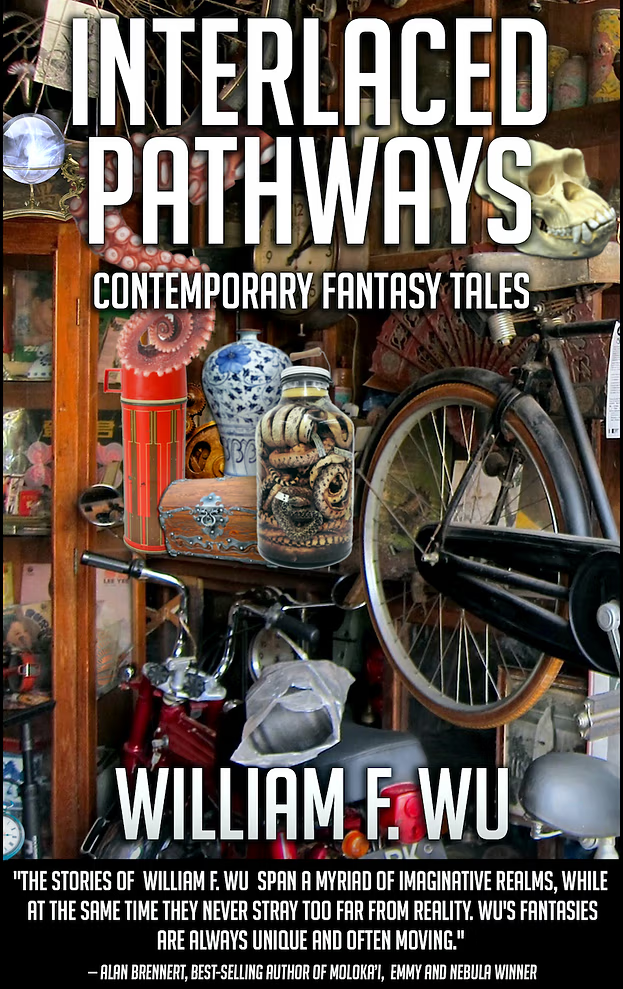 Interlaced Pathways: Contemporary Fantasy Tales
Interlaced Pathways: Contemporary Fantasy Tales
I’ve always liked wandering. In my wandering, I often had no mission, but never felt lost. Wandering can be not only literal, but intellectual and emotional, as well. Together these wanderings can be an interesting mix, unique to each person.
This collection of stories by William F. Wu includes triple-award finalist Wong’s Lost and Found Emporium, a story that was adapted into a Twilight Zone episode in 1985, and eight more stories of magical individuals, places, and moments.
